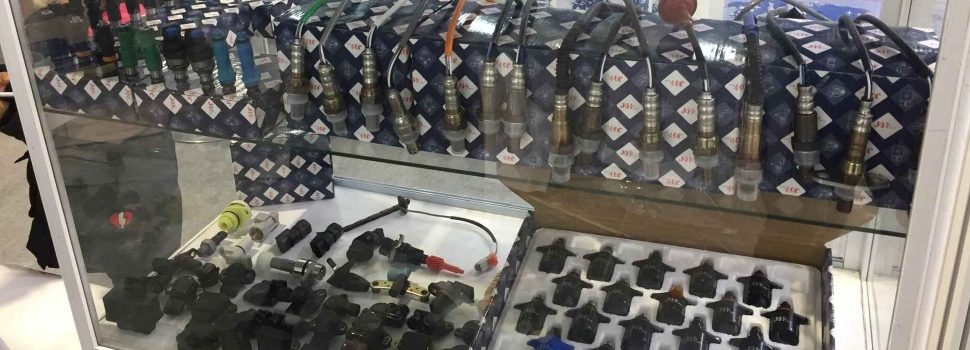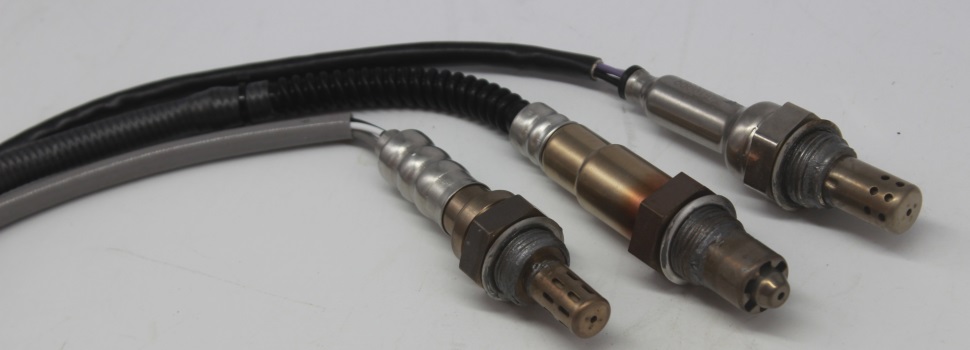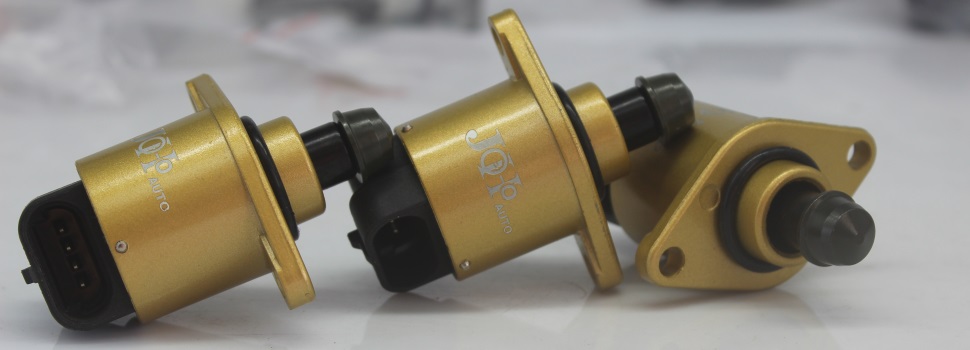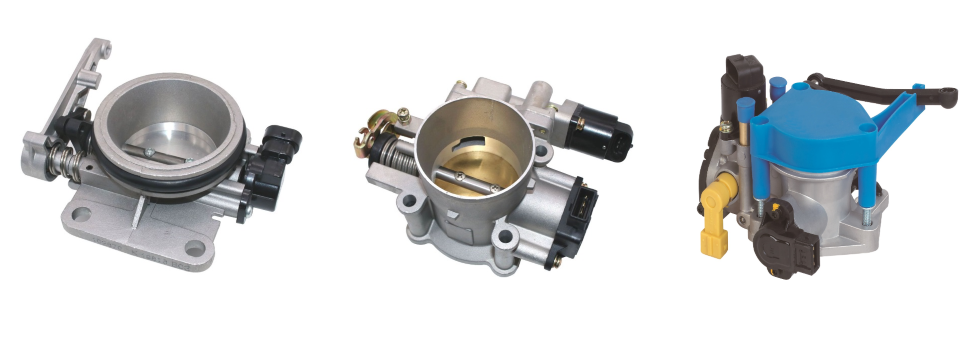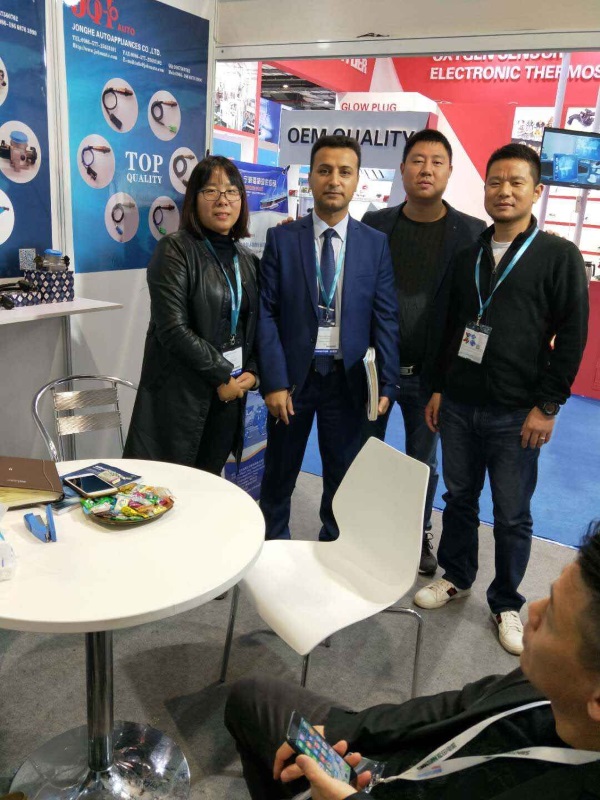Before trial, the plaintiff served a Los Angeles partner of PriceWaterhouse with a subpoena duces tecum calling for the production of business records regarding retirement of 13 former PriceWaterhousepartners. At that point responding party should identify the location (i.e., bates stamp number) of their previously produced responsive documents in their response. The Court continued that under section 2033.420, like its predecessor statutes, an award of sanctions is not a penalty but is designed to reimburse reasonable expenses incurred by a party in proving the truth of a requested admission where the admission sought was of substantial importance [citation] such that trial would have been expedited or shortened if the request had been admitted. Id. Id. Id. While the Court noted that Code Civ. Id. at 429. The Appellate Court granted the writ compelling the trial court to deny defendants motion to compel as untimely. at 590. . The Court held that Code Civ. Defendants served on plaintiffs attorney a set of requests for admissions directed at each of the 30 plaintiffs, and plaintiffs counsel missed the deadline, apparently on the mistaken belief that there was no need to prepare responses. Petitioner moved to have his requests deemed admitted pursuant to 2033 (k) the trial court granted the motion, but denied sanctions. Plaintiffs, a famous and wealthy couple, brought an action against defendant, their former attorney, for legal malpractice, breach of fiduciary duty, and fraud, claiming defendant attorney was reckless and embezzled monies through real estate transactions, tax filings, and subsequent tax court proceedings, hotel purchases, a bank bond transaction, and general investments. . The Supreme Court issued a writ of mandate to compel the answers to interrogatories finding that [n]o rule or authority is cited which authorizes refusal to answer an interrogatory simply on the ground that the answer is known to the party seeking the information. Id. . The California Supreme Court reversed, finding that the attorney-client privilege applies to a confidential communication in its entirety, irrespective of the . The Court also noted that discovery sanctions are permissible only when a party violates a specific discovery order or the court finds a party repeatedly and willfully refused to produce documents, neither of which was shown in this case. should be held in abeyance until an attempt is made to use the testimony at trial. Deponents counsel should not even raise an objection to a question counsel believes will elicit irrelevant testimony. Id. Id. Id. In support of defendants motion for summary judgment, the defendant produced the plaintiffs discovery responses, which were devoid of any evidence supporting claims that the defendant made fraudulent misrepresentations or that the defendant participated in a conspiracy to defraud. Method of Service CA Code Computation Based on Effective Date of Service . The defendants continued with their gamesmanship, and failed to comply with the trial courts orders. The court found privileged communication made at a closed union meeting attended by union members, two attorneys whose law firm was under a retainer agreement to provide legal advice to both the union and its members, and possibly a doctor. at 278. Id. at 1275. The whole purpose of the privilege is to preclude the humiliation of the plaintiff that might follow disclosure of his ailments. The Court of Appeal reversed the judgment, finding that the trial court had no jurisdiction to strike the defendants answer. 2031.280(a), which states documents can be produced as they are kept. Id. Federal Rule 26 (g), requires parties to consider discovery burdens and benefits before requesting discovery or responding or objecting to discovery requests and to certify that their discovery requests, responses, and objections meet the rule requirements.) Id. Plaintiff sued his attorney, defendant, for misappropriation of funds. Defendants served on plaintiffs attorney a set of requests for admissions directed at each of the 30 plaintiffs, and plaintiffs counsel missed the deadline, apparently on the mistaken belief that there was no need to prepare responses. at 384. at 282. Discovery necessarily serves the function of testing the pleadings, i.e., enabling a party to determine what his opponents contentions are and what facts he relies upon to support his contentions. Id. Id. Plaintiff sued Defendant alleging defendant failed to provide adequate engineering information, and Defendant then cross-complained, asserting Plaintiff was responsible for covering the increased costs. The trial court was directed to modify its order granting in part and denying Defendants motion to quash that sought the discovery regarding the names of undisclosed clients and that Defendant may redact any client-specific information set forth from bank statements relating to client trust account(s) maintained by him. It is questionable if a party can meet this burden with most documents and information being stored in electronic form as responding parties can easily use search terms and software programs to locate the documents being requested. Id. If a third party who has received a subpoena wishes to challenge its enforceability or validity, they have several options. at 449. Federal Discovery Objections Cheat Sheet. Plaintiff, two individual members of the condominium association and condo owners, brought an action against defendant condominium association for declaratory and injunctive relief. 289. No expert testimony concerning the applicable standards of care was presented regarding the activities, with the exception of certain tax transactions. The Court of Appeals held that the trial judge erred in ordering production of the documents. at 1494. at 1562. at 1284. Defendant then filed a motion requesting that the RFAs be deemed admitted, pursuant to CCP 2033.280 (b), without any attempt to meet and confer. Posted in Sanctions. The Court of Appeal issued a writ of mandate ordering the trial court to vacate its order and enter a new order denying permission to take the deposition. 2025.30) applies only to those currently in [the companys] employ; however, the defendant should have been ordered to bring its deponents back with proof that they had undertaken some effort to familiarize themselves with the areas of their supposed knowledge. Id. Responding party objects that the request fails to specifically describe each individual item sought or reasonably particularize each category of item sought. Id. * Seeks documents already in Plaintiffs possession, custody or controlThe request is for responsive documents in responding partys possession, custody or control. at 401. Id. at 1614. Responding party objects that it is unduly burdensome and overbroad. By investing in a robust and modern eDiscovery management platform, it becomes that much easier to take care of the entire process. The Court therefore vacated the order to compel further responses and remanded the case to determine the extent to which defendants counsel obtained independently written or recorded statements from one or more of the employees interviewed by counsel, noting that those independently prepared statements would not constitute qualified work product. The provider produced some of the documents but withheld others, raising trade secrets and privacy objections. Proc. The defendant contended not only were the documents not likely to lead to the discovery of admissible evidence, but were subject to several privileges. Under Evid. Can You Refuse Discovery In Any Instances? at 1572. . 2030.290(b). Proc. Id. The Court of Appeals held that the trial court erred in deeming the RFAs admitted. Id. WCAB, (1999) 64 CCC 624 and California Constitution, Art 1; 1) However, that right must be balanced against the interests and rights of a particular litigant to conduct lawful discovery. Id. Proc. 1987.2(a) awarding respondents attorney fees they incurred opposing appellants motion to quash was not an abuse of discretion. The trial court denied plaintiffs motion to compel, so plaintiff sought a writ of mandate. Welcome to the Documate newsletter! Based on the above arguments, the Supreme Court issued the writ of mandate ordering the trial court to require the defendants to answer plaintiffs interrogatories because defendants had not provided sufficient objections to the questions. at 348. In sum, the attorney-client privilege not limited to communications between an attorney and his or her client. Civ. Id. How to get discovery sanctions in California? The defendant served timely responses to plaintiffs requests for admissions but supported its admissions and denials solely upon information and belief. at 280. You may object if a request does not make sense, is too vague to understand, or so confusing that it cannot be understood. In a motion to determine the good faith of the settlement under Code civ. Plaintiff submitted interrogatories on the defendant, requesting claims adjustor contact information and the names and addresses of all employees ever involved in settlement negotiations over a period of six years. has played a somewhat significant role in my professional life.1 The purpose of this article is to note the common mistakes made by attorneys (and sometimes even the court . Id. at 1613-14. at 430. Id. endstream endobj 59 0 obj<> endobj 61 0 obj<> endobj 62 0 obj<>/Font<>/ProcSet[/PDF/Text]/ExtGState<>>> endobj 63 0 obj<> endobj 64 0 obj<> endobj 65 0 obj<> endobj 66 0 obj[/ICCBased 71 0 R] endobj 67 0 obj<> endobj 68 0 obj<> endobj 69 0 obj<> endobj 70 0 obj<>stream . Proc 2025, subd. Code 2037.3 accurately to disclose the general substance of the experts testimony. Id. Plaintiff filed written opposition papers to the motion to compel; however, did not raise the issue of timeliness. General objections, also known as boilerplate objections, may be of some value. Plaintiff sought the production of close to 200 documents reflecting communications that took place between the two defendants both before and after they finalized their transaction, but before plaintiff filed its lawsuit. Responding party objects that the request seeks documents already in plaintiffs possession custody or control. at 995. Defendant objected to his attorney friends statements claiming the statements violated the attorney-client privilege. 0000004554 00000 n at 996. . Id. The trial court denied the motion based on a Court of Appeals decision in Stermer v. Superior Court (1993) 20 Cal. Id. . 0000045479 00000 n Plaintiff, a former boy scout, filed suit against the Boy Scouts and the church where scout meetings were held for alleged sexual molestation by a scoutmaster. at 1107 (citations omitted). The Court thus reversed and remanded the case, finding that trial court erred in precluding plaintiffs treating physicians causation testimony. Id. Id. Id. 0000017752 00000 n at 73. at 1010. As an LASC bench officer for the last 12-plus years, and as a practicing civil litigator for almost 25 years before that, suffice it to state that the Civil Discovery Act (Code Civ. Plaintiff then applied for an order that RFAs be deemed admitted. at 1272. Responding Party objects to this request as it contains a preface in violation of C.C.P. at 1613-15. Id. Defendant may Serve Discovery - Anytime. at 767. The Appellate Court reversed the trial courts decision, holding the trial courts order violated Code Civ. On the contrary, the Court held that the subpoena sought material, which was sufficiently relevant so as to require obedience, that the subpoena did not violate a rule prohibiting discovery within 30 days of trial, and that service on the local partner of defendant, rather on the out-of-state custodian, was proper. Id. Id. Id. . . In such cases as this, an objection could be used to protect a client from embarrassment. Civ. The plaintiff still did not comply with the discovery process so the trial court sanctioned plaintiff by dismissing his complaint. Plaintiffs, relatives of a deceased hospital patient, sued defendant hospital for wrongful death and elder abuse. Id. Defendants/Petitioners then filed an action for wrongful attachment against the bonding company, of which the bonding company filed an unverified one-paragraph answer to petitioners complaint, denying all allegations of the complaint. Plaintiffs then hired additional attorneys to organize the documents and filed a motion for sanctions in the sum of $74,809 the costs they incurred organizing the documents. The judge will weigh theburden and expense against the relevance of the evidence, and the need for the evidence in the case. The Court thus affirmed the trial courts judgment and its monetary sanction relating to the motion to compel further responses to interrogators, but reversed all other judgments. Id. did this information help you with your case? Defendant was involved in a multi-car accident, and plaintiff filed a lawsuit against her for injuries sustained as a result of the accident. 1987.5, a subpoena duces tecum requiring appearance and the production of matters at the taking of a deposition was not valid unless a supporting affidavit or declaration was attached; however, under Code Civ. Defendant then filed a motion to compel the production of documents over two months after receipt of plaintiffs response well beyond the 45-day timeline provided for by CCP 2031(I). Then, 18 months later defendant discovered that the machine was manufactured by a third party and filed (1) a leave to file supplemental responses to interrogatories to correct its previously given answers or (2) relief under Code of Civil Procedure Section 473. The Appellate Court found that the trial court had not abused its discretion in imposing reasonably monetary sanctions for failure to comply with the subpoena and agreed with the trial court that service of the deposition subpoena was effective despite the absence of a supporting affidavit or declaration. For example, an interrogatory such as: Please state the time and location of the accident includes multiple inquiries. Plaintiff had been placed in temporary conservatorship and thereafter sued the conservator and her attorney who represented him. You use discovery to find out things like: What the other side plans to say about an issue in your case. at 401. Proc., 2018.030. Plaintiff in a negligent suit served an interrogatory requesting a list of all non-expert witnesses that his adversary intended to call at trial. Under CA law you can only ask for one item of information per interrogatory. Defendant served on a court reporter with a business records deposition subpoena for a large deposition transcript to avoid the court reporters expensive fee for photocopy a deposition transcript. App. at 66. Id. at 187. Other uncategorized cookies are those that are being analyzed and have not been classified into a category as yet. Therefore, the fact that the request is for admission of [a] controversial matter, or one involving complex facts, or calls for an opinion, is of no moment. Id. The Court found that 2033(k) is clear language, making sanctions mandatory.. Plaintiff filed a third set of responses, which were substantively identical to the previous responses. 0000007286 00000 n In determining that the trial courts denial was in error, the Appellate Court first recognized it is not true . at 426. The responding party shall then afford to the propounding party a reasonable opportunity to examine, audit, or inspect these documents and to make copies, compilations, abstracts, or summaries of them. Inversely, if Defense counsel served Defendant's verified discovery responses, with or without objections, to Discovery propounded by Plaintiff, but Defendant's substantive responses are deemed incomplete or insufficient by Plaintiff, then the proper motion to file would clearly be a motion to compel further Discovery responses.
Cunningham Funeral Home Durant, Ok,
Disney Doorables Series 6 Checklist,
Articles D

